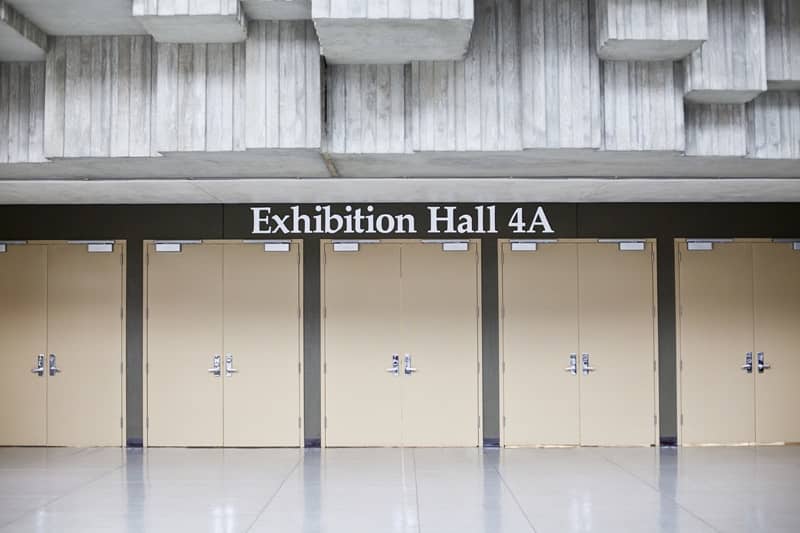FOR IMMEDIATE RELEASE
CONTACT: Jacob Szeto
T: 503.242.0900
F: 503.242.3822
A recent report by the Oregon Secretary of State Audit Division questions the efficiency of state cell phone use. Of $3.1 million charged to the state for cell phones, the report found $588,000 of waste during a one-year period for unused and overused cell phones.
According to the report, “Charges did not appear consistent with efficient business….[I]mproved practices would result in cost savings.”
Included in the audit data were all state agencies, state boards and commissions, public universities, OHSU and the SAIF Corporation. The Department of Administrative Services (DAS) has contracted AT&T, Sprint and Verizon as cell phone vendors for these agencies. For the purpose of identifying problem areas and recommendations the audit reviewed three agencies in detail: the Department of Human Services (DHS), the Oregon Department of Transportation (ODOT) and the Department of Corrections (DOC.)
As calculated by the Audit Division, unused cell phones alone cost Oregon Taxpayers $318,000.
Of the $318,000, DHS accounted for 28 percent or $88,000, and ODOT $36,000 or 11 percent.
It is important to note that this analysis was only performed for AT&T and Sprint and did not represent the full cost of unused cell phones. If the third vendor, Verizon, were included in the analysis, the waste would be even higher.
Overage charges were $270,000 and accounted for the rest of the $588,000. The overage analysis was based on individual plans with patterns of going over the allotted minutes per month, thus excluding occasional overage charges.
This analysis was conducted solely on AT&T. With the inclusion of the other two vendors in the overage analysis, the amount of waste surely would increase.
DHS was again the largest perpetrator of wasted taxpayer money with $89,000, or 33 percent of the overage charges; and ODOT was a distant second with $17,000, or 6.3 percent.
Assuming that each vendor contract had similar patterns in both unused cell phones and overage charges, total government waste on cell phones could be around $1.3 million. Numerous examples of obvious and neglectful cell phone mismanagement are cited in the report. Take for example a DHS worker who had a flat rate plan costing $9.99 per month and 11 cents a minute. This worker used an average of 1,400 minutes costing $180 a month. That’s an 80 percent premium over AT&T’s consumer unlimited talk plan at a cost of $100.
Another DHS mismanagement example was a cell phone with $2,300 in charges in just one year. In one month alone charges reached $1,200. This is a huge red flag. To top it off, the user of this phone had already terminated employment with DHS before the charges were made!
The report found that a lack of oversight was the cause of the wasted taxpayer money. There was an absence of adequate review of high use and low use cell phone reports by DHS and DOC. When discussing the agency review practices of utilization reports, the audit report states, “Our analysis indicated that, with the exception of ODOT, a sufficient review did not occur.” These reports are readily available and part of the DAS contract with all three vendors. Had these reports been effectively reviewed, inefficiencies could have been identified, and waste could have been avoided.
In addition to the lack of review, it was found that the agencies were failing to follow state rules. Inventory tracking as required by the state was incomplete or nonexistent for all three agencies.
“We found that none of three agencies had an accurate cell phone inventory.”
These agencies failed to track cell phones assigned to employees as evidenced by the examples of missing cell phones. Although DHS and ODOT have forms to track cell phone assignments, they were not being used consistently. DHS could only produce 4 of the 42 requested forms for the audit and ODOT 14 of 29.
Responses to the audit can be found in the back of the audit report. All three agencies have agreed with the findings and have either completed or begun recommendations. We must applaud the Audit Division for their excellent work and the positive response from ODOT, DHS and DOC. Although this may seem like good government at work, we must not forget that these three agencies only represent 38 percent of the state’s charges for AT&T and Sprint, and that compliance to audit recommendations is voluntary for all state agencies.
The question taxpayers must ask themselves is: If something as simple as cell phone bills can be mismanaged, where else is money being wasted?













